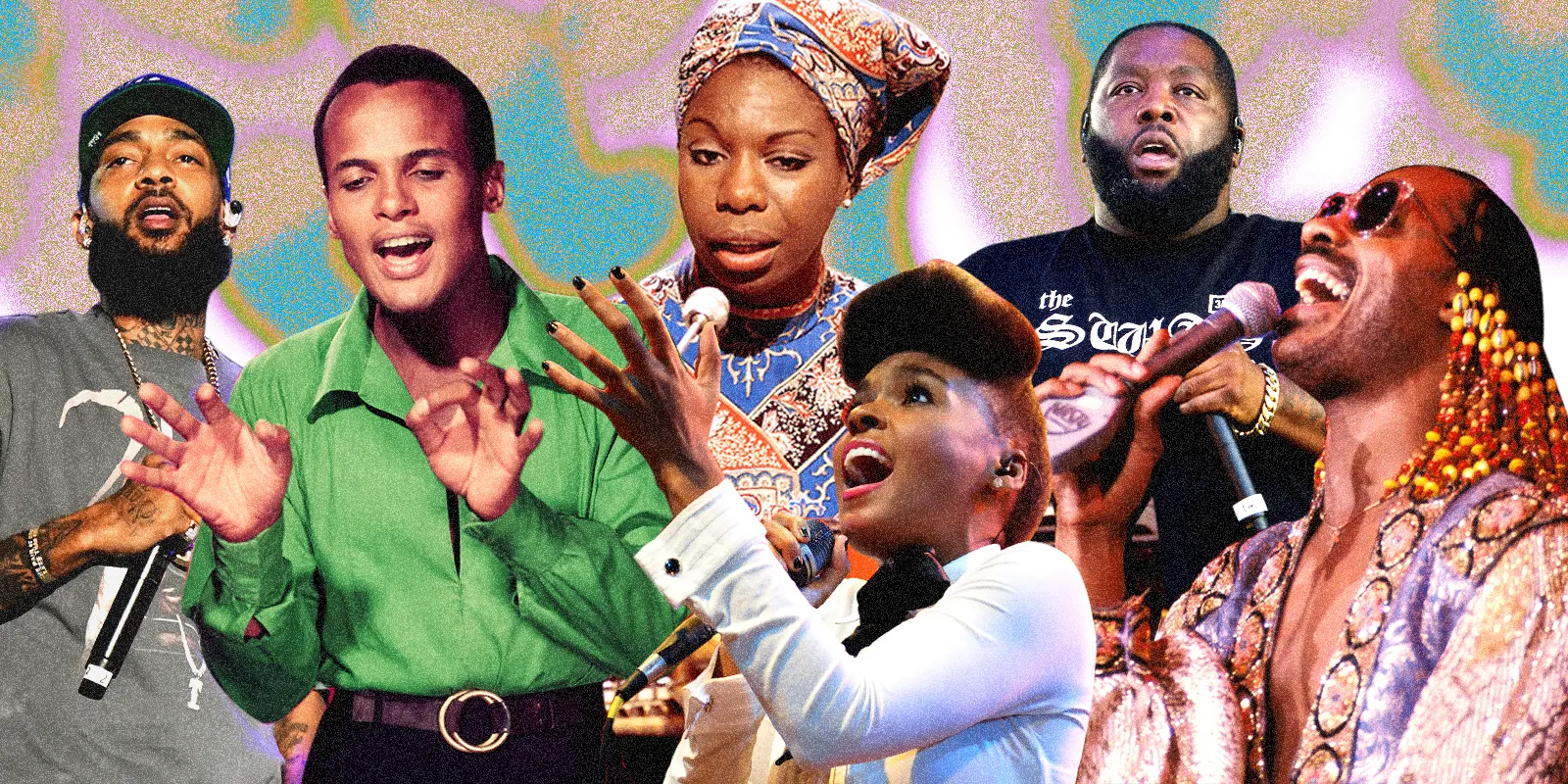Every time a musician tweets about elections or injustice, the internet splits in two. One side screams, “Stick to music!” while the other says, “Use your platform!” The truth? There’s no easy answer but pretending art and politics live in separate worlds is the biggest lie the industry keeps selling.
Music has always been political, even when it wasn’t trying to be. From Fela Kuti’s fiery rebellion to Bob Marley’s revolution in melody, to Beyoncé’s unapologetic celebration of Black pride pop and politics have always danced in the same room, whether the artists wanted to admit it or not. The stage is never neutral; it’s a mirror.
But somewhere between social media outrage and brand deals, that mirror got foggy. Today’s artists live in an era where silence feels suspicious, and speaking up feels risky. Labels whisper, “don’t ruin the rollout.” PR teams draft “balanced statements.” Fans demand activism but cancel inconsistency. Suddenly, being vocal isn’t just brave it’s a full-time job.
Still, the pressure to say something is real. Audiences expect musicians to be moral compasses, not just hitmakers. When a country’s burning or when rights are under threat, the silence from big names feels louder than the noise. People want their favorite stars to reflect their pain, their anger, their urgency. But do they really want the truth or just their version of it?
Take Nigeria, for example. During the End SARS protests, musicians who spoke out Burna Boy, Falz, Runtown earned praise and backlash in equal measure. Those who didn’t were called cowards. Yet, those who did found their lyrics dissected and their motives questioned. There’s no safe space for honesty anymore. Fans say they want truth, but the internet only rewards performance.
The danger now isn’t apathy, it’s performative activism. Posting a black square, wearing a cause on your merch, or dropping a political lyric just to trend isn’t courage, it’s marketing. Social media turned activism into aesthetics, and some artists play along just to stay “aligned.” The irony? When activism becomes content, its power fades.
But that doesn’t mean artists should shut up. In a world where misinformation spreads faster than melodies, silence isn’t neutral it’s a stance. Art has always been the most human way to question power, to challenge systems, to translate pain into sound. When artists speak truth through their craft, they remind us that the world isn’t supposed to be comfortable.
Still, it’s naive to ignore the cost. Outspoken artists risk brand deals, censorship, even safety. In authoritarian countries, a protest lyric can end a career or worse. And in global pop, where money and image drive everything, many artists are too polished to be political. Their art becomes a luxury product not a reflection of life. The result? Chart-topping songs with no heartbeat.
But maybe the goal isn’t for every artist to become an activist. Maybe it’s for every artist to become honest. Say something when it’s real. Stay silent when it’s not yours to speak on. We don’t need everyone to lead a revolution we just need fewer pretending to.
The artists who endure from Kendrick Lamar to Seun Kuti to Billie Eilish are the ones who understand timing, purpose, and sincerity. They speak when it matters, not when it trends. They remind us that being political doesn’t always mean being loud. Sometimes it’s in the storytelling, the visuals, the subtle refusal to conform.
And that’s what makes this debate so necessary. Pop and politics will never be separate because culture itself is political. Every beat, every lyric, every silence it all says something. Artists don’t get to escape that. The real question isn’t should they speak, but how they do it. With purpose? With ego? With fear?
In the end, the best protest might still be the music itself. Because long after the tweets fade and the hashtags die, the songs that dared to speak truth and not just numbers are the ones that last.


Leave a Reply